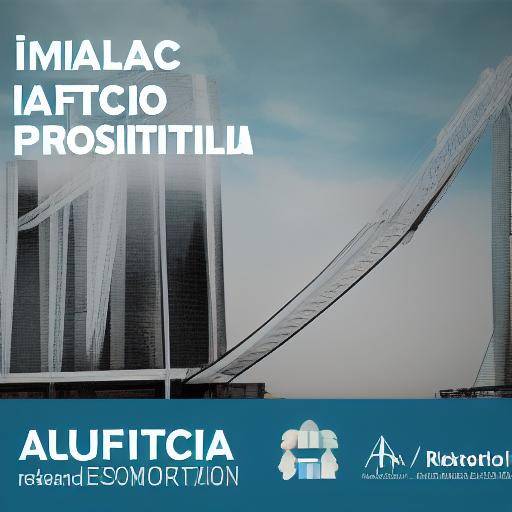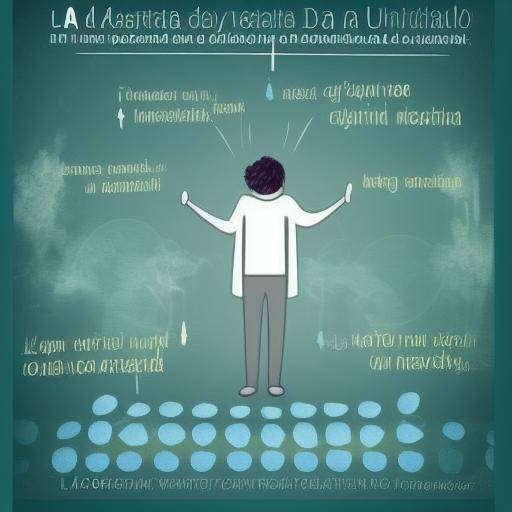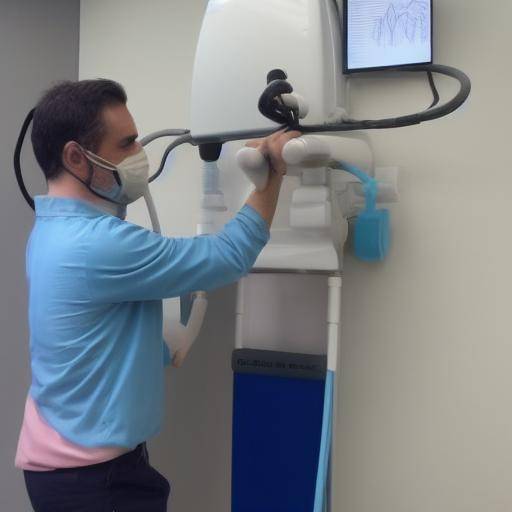
Introduction
In the pursuit of emotional well-being, positive self-affirmation and resilience play a crucial role. What impact does positive self-affirmation have on a person's ability to overcome challenges and maintain a positive attitude? In this article, we will thoroughly explore the relationship between positive self-affirmation and resilience, its importance in emotional well-being and how these qualities can strengthen people in difficult times. Go ahead, find out how positive self-affirmation can boost resilience and contribute to an emotionally healthy life.
History and background
Positive self-affirmation is not a modern concept; its influence goes back to ancient philosophical and self-development traditions. In cultures around the world, the idea of affirming and strengthening self-image has been a fundamental goal of achieving inner harmony. Throughout history, thinkers, spiritual leaders and influential personalities have advocated the importance of cultivating a healthy and positive self-affirmation.
In parallel, resilience has been a topic of interest in disciplines such as psychology, sociology and education, with roots dating back to the 1970s. Researchers and academics have deepened their understanding of resilience, exploring their links with emotional well-being and their influence in facing challenges in everyday life.
In-depth analysis
Positive self-affirmation can build resilience by strengthening self-confidence and ability to cope with difficulties. It has been noted that people who practice positive self-affirmation tend to face challenges more effectively, maintaining an optimistic and adaptive attitude. In a world full of uncertainties and pressures, positive self-affirmation is positioned as an invaluable tool to nurture resilience in individuals of all ages.
In exploring more deeply, we find that positive self-assertion not only strengthens resilience, but also positively influences key aspects of emotional well-being, such as self-esteem, self-acceptance and stress management. By cultivating positive thoughts on oneself, people can face challenges with a stronger and more positive mentality, which in turn contributes to a higher level of resilience.
Comprehensive review
The implementation of positive self-affirmation strategies and the development of resilience have generated significant results in various areas of life. From educational environments to working environments, these concepts have proven to improve the ability to adapt to change, build greater confidence in personal skills and strengthen interpersonal relationships. In understanding the benefits of positive self-affirmation in resilience, educational institutions, organizations and health professionals have integrated these practices into personal and professional development programmes.
The case study provides a practical view of the intersection between positive self-affirmation, resilience and emotional well-being. From overcoming personal adversities to the effective coping of professional challenges, the testimonies and experiences of real individuals reflect the transformative effects of sustaining a self-affirmative and resilient mentality.
Comparative analysis
Positive self-affirmation and resilience share a common goal: to strengthen human capacity to face challenges and make effective decisions at times of adversity. Despite its similarities, it is important to recognize that positive self-affirmation focuses on nourishing an authentic and positive image of oneself, while resilience encompasses the ability to recover and adapt to challenging situations. Integrating both qualities can enhance emotional well-being and promote an attitude of strength and flexibility even in discouraging circumstances.
Practical advice and useful recommendations
- Practicing gratitude: Acknowledging the small things of life can foster positive self-affirmation and strengthen resilience by focusing on the positive.
- Develop coping skills: Learning to manage stress and face challenges effectively can strengthen both positive self-affirmation and resilience.
- Cultivate self-care: Dedicating time to activities that nourish emotional well-being, such as meditation, exercise or free time, can strengthen resilience and promote positive self-affirmation.
Industry visions and expert opinions
Experts in psychology and emotional well-being recognize the importance of integrating positive self-affirmation and resilience to promote a healthy emotional state. The combination of both qualities is seen as an effective strategy to strengthen self-image, promote adaptability to challenges and promote a positive mindset against life.
Case studies and real applications
An emblematic case is that of Mary, an executive who faced a significant professional setback. Thanks to her practice of positive self-affirmation and resilience, Maria managed to refocus her career and overcome adversity, even achieving professional achievements that exceeded her initial expectations. This case illustrates how the combination of positive self-affirmation and resilience can generate concrete and transformative results in everyday life.
Future trends and predictions
As awareness of the importance of emotional well-being grows, the integration of positive self-affirmation and resilience is expected to become a central pillar in personal, educational and organizational development programmes. The combination of both qualities is a key tool for strengthening human capacity to face challenges in a constantly changing world.
Conclusions
Positive self-affirmation and resilience form a powerful connection that directly influences people's emotional well-being. By integrating positive self-affirmation strategies into everyday life, it is possible to strengthen resilience and cultivate an attitude of strength and optimism in the face of challenges. By understanding and practicing the intersection between positive self-affirmation, resilience and emotional well-being, people can be emotionally strengthened and achieve a higher level of personal satisfaction.
FAQs
What exactly does positive self-affirmation mean?
Positive self-affirmation implies recognition and reaffirmation of the positive qualities of oneself. This process helps to strengthen self-image, build trust and promote a positive attitude towards life.
Why is it important to cultivate resilience?
Resilience is essential to confront challenges and overcome adversities effectively. In developing resilience, people can adapt to difficult situations, recover from setbacks and maintain a positive attitude.
How can I practice positive self-affirmation in my daily life?
Practicing positive self-affirmation may include positive affirmation, focus on personal achievements and fostering an optimistic mentality against challenges.
What is the relationship between positive self-affirmation, resilience and emotional well-being?
The relationship between positive self-affirmation, resilience and emotional well-being lies in its ability to strengthen confidence, promote an adaptive attitude to challenges and foster greater emotional satisfaction.
Can people learn to be more resilient?
Yes, resilience is a quality that can be cultivated and strengthened over time. By developing effective coping strategies and fostering an adaptive attitude, people can learn to be more resilient.
How can I promote resilience in educational and work environments?
In educational and labour environments, it is essential to foster an environment that supports emotional growth and promotes adaptability to challenges. This may include the implementation of personal development programmes, the promotion of autonomy and the strengthening of coping skills.
In short, positive self-affirmation and resilience play a key role in emotional well-being, promoting healthy self-image, the ability to face challenges and a positive attitude towards life. By understanding the connection between these concepts and practicing strategies for their integration, people can be emotionally strengthened and face the vicissitudes of life with greater confidence and resilience.






















































